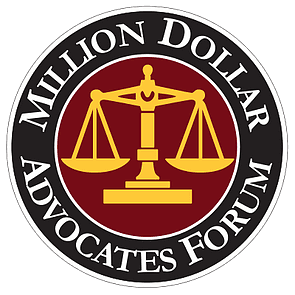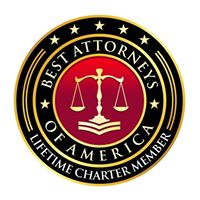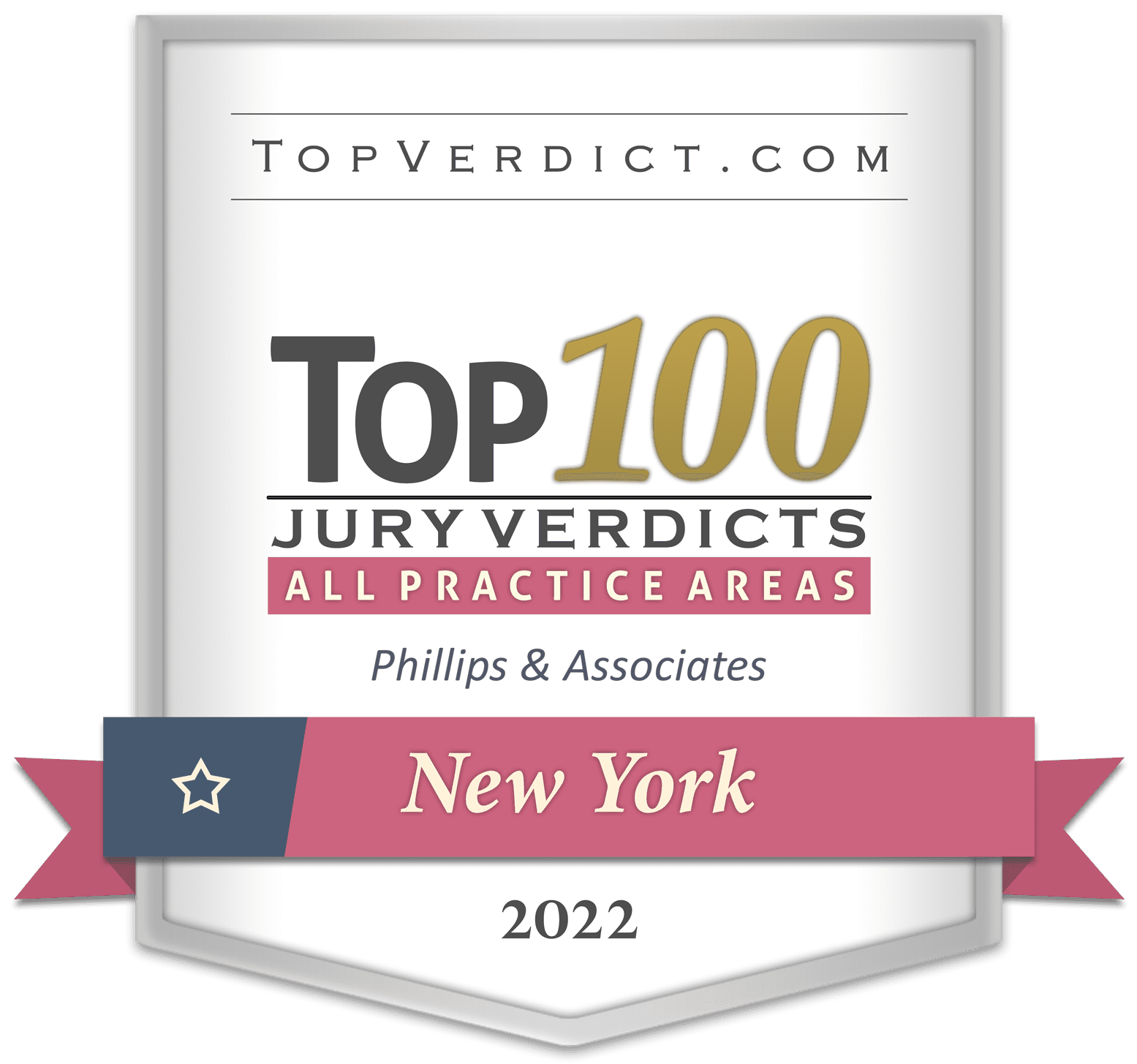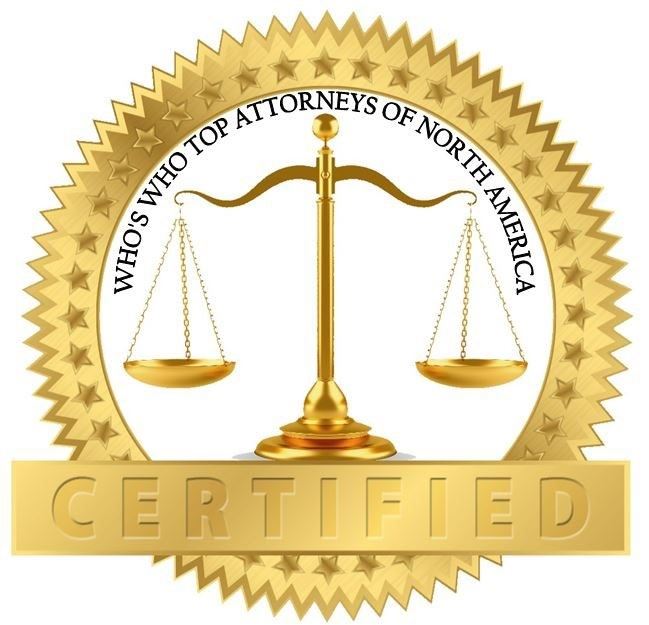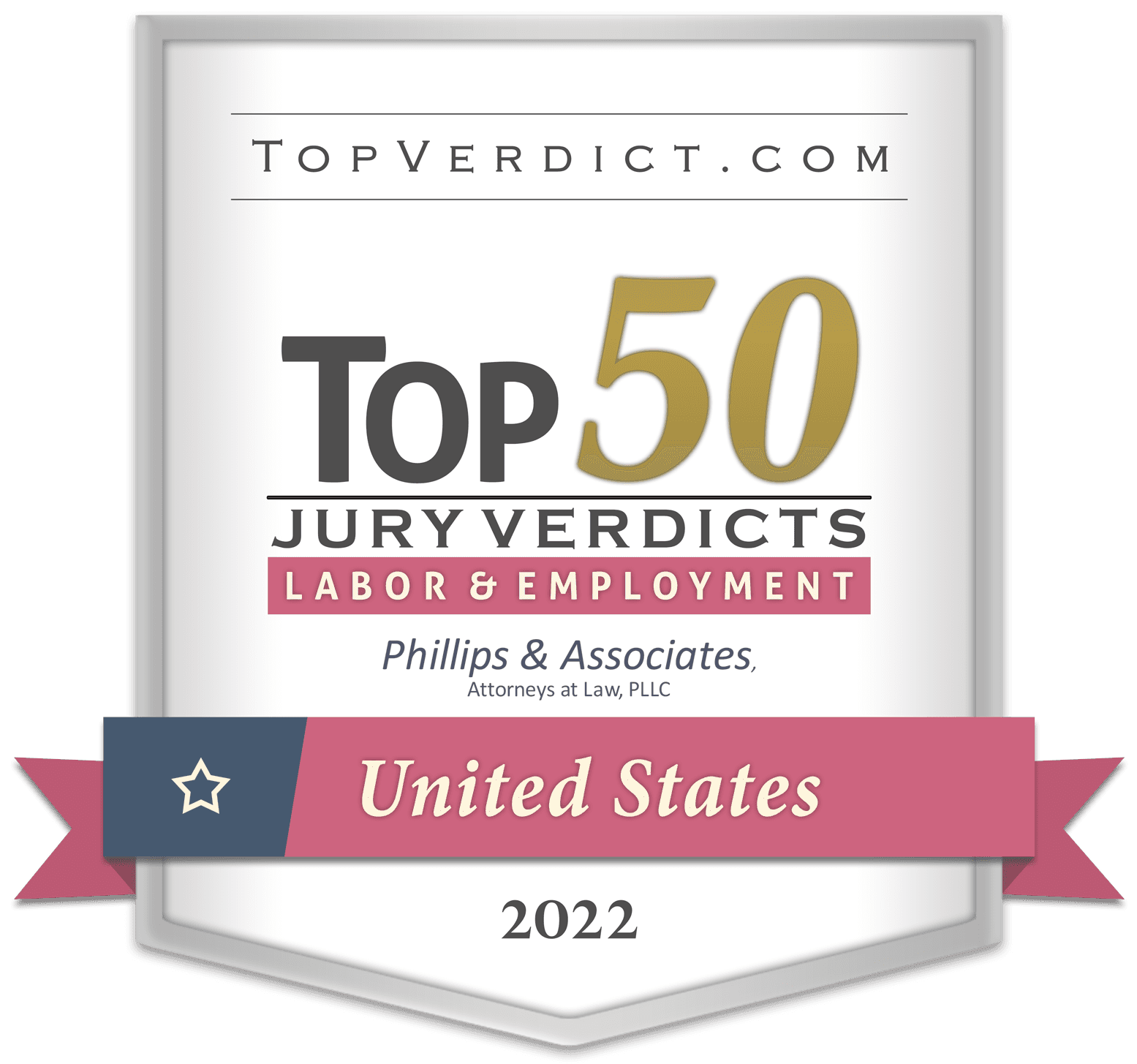
Top NYC Employment Law Attorneys for Discrimination Cases
Comprehensive Legal Support for Employment Issues in NYC
Many employers fail to comply with their legal obligations to employees. Employer misconduct may involve discriminating against or harassing certain workers who belong to protected classes or failing to pay employees according to minimum wage and overtime laws.
In some cases, employers may unlawfully retaliate against employees who have complained about their mistreatment. At Phillips & Associates, Attorneys at Law, our experienced lawyers are familiar with federal, state, and local laws.
We can help you file a charge with the Equal Employment Opportunity Commission (EEOC) or a lawsuit for damages when appropriate. Whether you need a sexual harassment attorney, guidance with a wrongful termination claim, or another form of assistance, Phillips & Associates, Attorneys at Law is ready to provide comprehensive representation to employees and job applicants whose rights have been violated.
Protect Your Rights with Our Dedicated Legal Team
When you are a victim of harassment in the workplace, your job performance and your emotional well-being may suffer. At Phillips & Associates, Attorneys at Law, we understand how difficult it is for our clients to come forward and talk about unlawful conduct in their workplace.
They may be concerned about being ostracized by their coworkers or retaliated against by their supervisors. Our attorneys believe that every employee in New York is entitled to work free of discriminatory actions. If you have experienced sexual harassment at your job, we will devote our energies to helping you pursue the compensation you need. Retaliation is illegal, but some employers ignore the law. Our compassionate involvement and advice can help address any concerns you may have about adverse consequences for your actions.
Empower Yourself Against Workplace Harassment
The lawyers at Phillips & Associates, Attorneys at Law have represented numerous victims of employment discrimination claims, such as those involving sexual harassment. We have successfully represented employees working at large and small companies who have been victimized by their employers, supervisors, or coworkers. We have also helped them bring retaliation claims when appropriate. We can offer you knowledgeable guidance throughout pre-trial negotiations. If an appropriate settlement cannot be reached, we can represent you aggressively at trial. Our clients value our candor and attention to detail. We communicate clearly, promptly, and compassionately with each individual whom we represent.
Call (866) 229-9441 or schedule a free consultation through our online form to discuss your employment law concerns.
Understanding Your Employment Rights in New York
Phillips & Associates, Attorneys at Law has helped numerous individuals exercise federal, state, and local protections against misconduct in the workplace. Title VII is the primary federal law that shields employees against discrimination based on the protected categories of race, color, national origin, religion, and sex. Only employers that have 15 or more employees are covered by Title VII.
Other important federal employment discrimination laws include the Equal Pay Act of 1963, the Age Discrimination in Employment Act of 1967, the Americans with Disabilities Act, and the Genetic Information Nondiscrimination Act of 2008. Each law has its own requirements with regard to enforcement and filing a lawsuit. Our attorneys are familiar with these laws and the protections they give employees to be free from discrimination and derogatory comments or conduct. We care deeply about making sure that they can perform their job duties without unlawful hindrances.
Federal law prohibits not only discrimination on the basis of characteristics such as race or national origin, but also harassing remarks or actions on the basis of those characteristics. A single incident, however, must be very severe to qualify as harassment. More often, a pattern of conduct by a supervisor or coworker gives rise to a hostile and intimidating work environment and a viable claim. At our firm, we will take the time to understand the details of our clients’ situations and craft the strongest possible argument for them.
The court uses both objective and subjective standards when determining whether the conduct at issue was sufficiently pervasive and severe to warrant damages. When considering the situation using an objective standard, the jury will look at it from the point of view of whether a reasonable person would feel harassed. When considering the situation from a subjective standard, the jury will look at the victim's perception of the events. An experienced attorney at Phillips & Associates, Attorneys at Law can explain how the details of your particular case are likely to be interpreted by a jury, as well as factual or legal aspects of your case that may be more uncertain.
Both state and local laws offer even broader protections to employees who have suffered from discrimination or harassment based on a protected characteristic. New York state law safeguards people who work for companies with four or more employees.
The New York City Human Rights Law is considered one of the most comprehensive civil rights laws in the country. It is interpreted liberally and protects individuals with regard to the characteristics protected under federal law, as well as additional categories such as marital status, sexual orientation military status, domestic violence victim status, arrest and conviction records, and predisposing genetic characteristics. Our lawyers understand how its many nuanced provisions protect the rights of our clients. After learning about your needs and goals, we will explain your options under this law and others, while carefully answering any questions you may have about the process.
What Our Clients Say:
-
"He covered every angle and was able to help me with my dispute. I would recommend Jesse Weinstein and Phillips and Associates in the future to anyone."
- Margaret -
"Being in the restaurant industry for more than 30 years I can say that this law firm is the number one choice for workers in the restaurant business that need to sue their company for wrongful termination."
- Massimo -
"He was extremely patient and understanding throughout the process and remained professional and consistent even when I could not. I really felt like he had my back and I didn't have to worry."
- Karen



.2306081245574.png)

